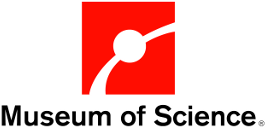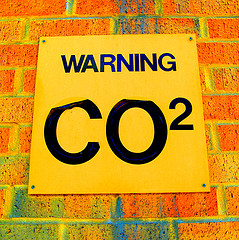 Dr. Melanie Fitzpatrick, Climate Scientist with the Union of Concerned Scientists, shared sobering data with concerned citizens at a Cambridge City Council special meeting on September 24th, as part of the city’s efforts to better understand the climate change emergency and respond at a scale proportionate to the emergency and consistent with the city’s own Climate Protection goals for 2010. Dr. Fitzpatrick emphasized that climate change is now occurring faster than the worst predictions of the IPCC (Intergovernmental Panel on Climate Change) models and cited evidence including that the melt season is lasting 1 week longer in the arctic, a 9% reduction per year in arctic sea ice, winters warming 4 degrees in the northern hemisphere, and record global sea temperatures for the last three months. Scientists are now estimating that some of the feared tipping points are decades away rather than centuries. If we were to stop emitting greenhouse gasses today, there is at least another 1 degree of warming in the pipeline and we could potentially see an additional 4-7 degrees Fahrenheit by the end of this century without major emission reductions.
Dr. Melanie Fitzpatrick, Climate Scientist with the Union of Concerned Scientists, shared sobering data with concerned citizens at a Cambridge City Council special meeting on September 24th, as part of the city’s efforts to better understand the climate change emergency and respond at a scale proportionate to the emergency and consistent with the city’s own Climate Protection goals for 2010. Dr. Fitzpatrick emphasized that climate change is now occurring faster than the worst predictions of the IPCC (Intergovernmental Panel on Climate Change) models and cited evidence including that the melt season is lasting 1 week longer in the arctic, a 9% reduction per year in arctic sea ice, winters warming 4 degrees in the northern hemisphere, and record global sea temperatures for the last three months. Scientists are now estimating that some of the feared tipping points are decades away rather than centuries. If we were to stop emitting greenhouse gasses today, there is at least another 1 degree of warming in the pipeline and we could potentially see an additional 4-7 degrees Fahrenheit by the end of this century without major emission reductions.
While tipping point scenarios are still in the future, Dr. Jill Stein with the Physicians for Social Responsibility testified that there are already 300,000 deaths annually attributed to climate change due to record flooding, droughts, increased storm severity and occurrence, spread of infectious disease, and impacts to food and water supplies. For example, major flood events have increased four-fold in North America and six-fold in China compared to the century average. On a positive note, Dr. Stein related that by addressing climate change we will improve health and quality of life indices. The United States spends $2 trillion per year on medical expenses in which 75% goes to preventable chronic diseases. Investing in more walkable communities with local healthy food sources would reduce greenhouse gas emissions and improve our collective health. Fighting climate change would require our economic and social systems to take a long term view when planning for today.
Just consider that the majority of home owners purchase fire insurance, even though your risk of fire loss is very low– less than 1 percent or 1 fire in every 250 years. Under our current greenhouse gas emission rates, the chance of a catastrophic tipping point occurring like Amazonian desertification, Greenland Ice sheet melt, or the disruption of the Indian Monsoon now has a fifty percent chance of happening which would have devastating effects on the economic and social welfare of millions of people. Dr. Ackerman, Environmental Economist with the Stockholm Environmental Institute at Tufts University pointed out that to delay action would have disastrous socio-economic consequences for civilization. Dr Ackerman summarized four key ways to view long term economic questions:
- Your grandchildren are Important! Current economic analysis has a high discount rate for future generations. This would be equivalent to saying that your prodigy is more important than your grand or great grandchildren.
- If you insure your home and car for relatively low risk harm, we should invest in higher level risk like climate change.
- Some things do not have dollar values. What is the value of a life or an ecosystem? Under the Clinton administration a human life was valued at $6,000 and the Bush administration lowered it to $4,000.
- It is better to spend your money on prevention rather than treatment. Climate prevention could be spent on creating green jobs, developing new technology and industry.
Dr. John Sterman, an economist with the Sloan School of Management at MIT concluded that we should not wait to see the major impacts from Climate Change, as the stakes are too high and we will have likely triggered major tipping points. Dr. Sterman and the other panelists agreed that climate change can not be fought primarily with high tech solutions, but must include social participation that finds creative solutions both at the national and local level. Dr. Sterman in collaboration with Sustainability Institute, Ventana Systems, and MIT has developed a climate simulation to help you use a scientifically rigorous model to set a goal for CO2 in the atmosphere, explore what it will take to reach that goal and to empower you to share those insights with others via graphs and explanation in order to make such actions happen. Discover Climate Interactive, their online community that creates, shares, and uses credible models, accessible simulations, and related media in order to improve the way leaders and citizens around the world think about the climate.
 For the past seven weeks, college students from around the region have been camping out on Boston Common on Sunday nights calling for Massachusetts to run entirely on clean energy by 2020. After a final, snowy sleep-out last Sunday, the demands of The Leadership Campaign were answered, sort of.
For the past seven weeks, college students from around the region have been camping out on Boston Common on Sunday nights calling for Massachusetts to run entirely on clean energy by 2020. After a final, snowy sleep-out last Sunday, the demands of The Leadership Campaign were answered, sort of.
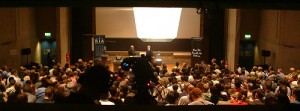

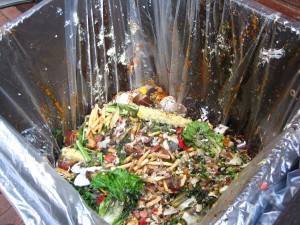
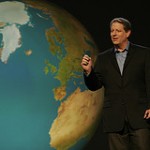 Nobel Prize winner and former Vice President Al Gore has published a new book
Nobel Prize winner and former Vice President Al Gore has published a new book 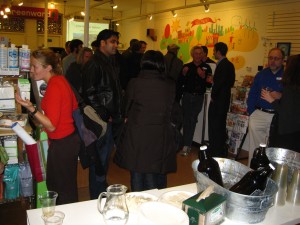 The
The 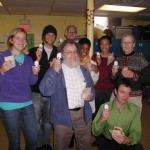

 Dr. Melanie Fitzpatrick, Climate Scientist with the Union of Concerned Scientists, shared sobering data with concerned citizens at a Cambridge City Council special meeting on September 24th, as part of the city’s efforts to better understand the climate change emergency and respond at a scale proportionate to the emergency and consistent with the city’s own Climate Protection goals for 2010. Dr. Fitzpatrick emphasized that climate change is now occurring faster than the worst predictions of the IPCC (
Dr. Melanie Fitzpatrick, Climate Scientist with the Union of Concerned Scientists, shared sobering data with concerned citizens at a Cambridge City Council special meeting on September 24th, as part of the city’s efforts to better understand the climate change emergency and respond at a scale proportionate to the emergency and consistent with the city’s own Climate Protection goals for 2010. Dr. Fitzpatrick emphasized that climate change is now occurring faster than the worst predictions of the IPCC (